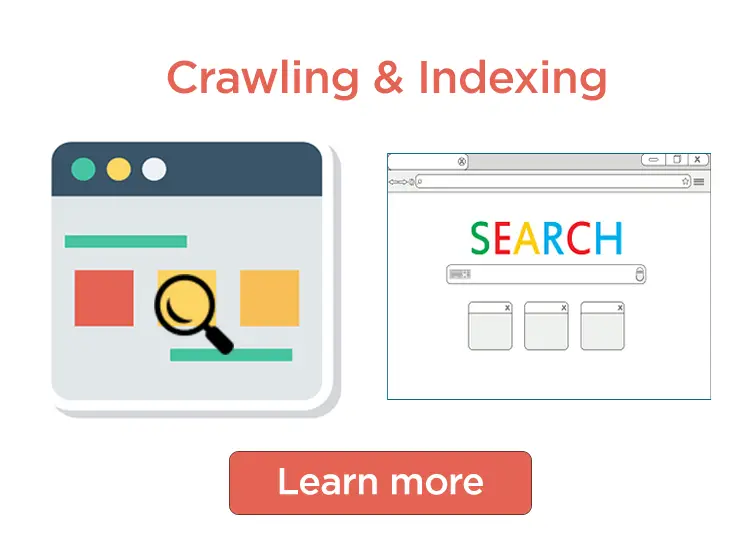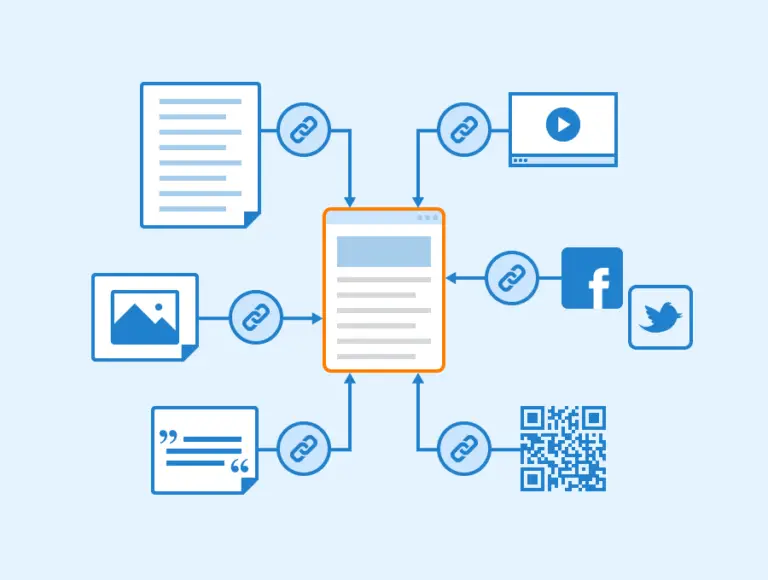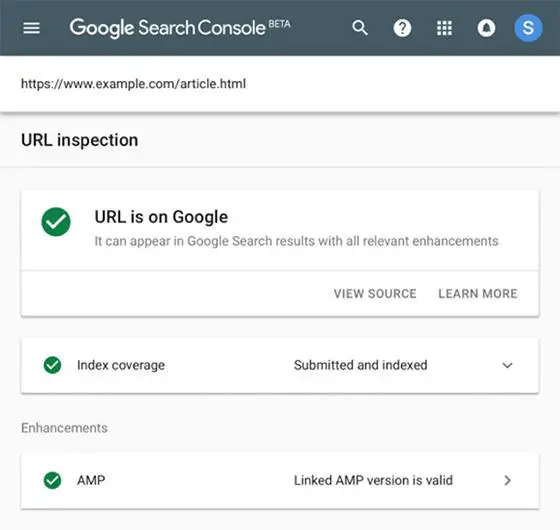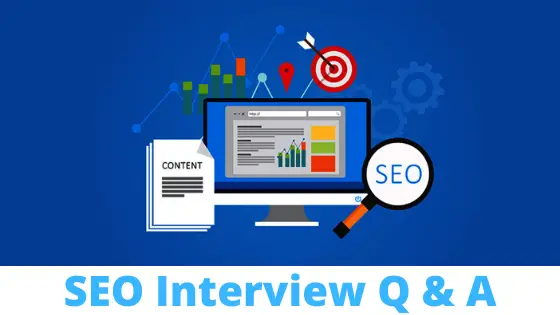Digital Marketing Course Syllabus
Businesses and recruiters are now seeking for marketing professionals who have certification and proven skills that are accepted by industries worldwide. That time of old traditional marketing and recruitment of manpower has vanished.
We are living in the Digital era where industries are hiring Digital Marketing professionals with the 360-degree skill-set that can be applied in real-life scenarios. Moreover, in Digital Marketing, candidates are prioritized based on the current latest best practices and proven track record.
The marketing methodologies and applications are now changing with time and shifting towards the digital globe. Also, we need to change our patterns for marketing and branding with current trends and scope. Industries and organizations are focusing more on digital marketing than old oblivion methods of marketing.
What is Digital Marketing Course?

Digital Marketing Course is a specialized certified program that enables brand promotion and marketing through digital media and channels. The course is very comprehensive and involves tactics and tautology to improve one’s marketing performance by the outreaching target audience in bulk.
The course includes the essential disciplines involved in marketing such as PPC advertisements (Pay Per Click), SMM (Social Media Marketing), SEO (Search Engine Optimization), Analytics, Content Marketing, Email Marketing, Mobile Marketing, and various other digital aspects.
Also, this advanced course helps in working in a fast-paced environment and developing interpersonal skills. The digital marketing course syllabus involves a lot more than just marketing. It can also be considered as another digital world where humans and technology collaborate to develop a powerful as well as a peaceful world.
Digital Marketing Course Objective
The objective of the digital marketing course is to add digital skills to your existing skills. Whether you are choosing digital marketing as your career or just for adding extra skills you will always be prepared and industry-ready whenever and wherever you use it.
Furthermore, everything is now digitalized and one should always be prepared for handling such imperative aspects alone. The applications of digital marketing are not only for promotion rather providing relevance and quality results to the customers.
Contents
Digital Marketing Course Syllabus
The digital marketing course has a very broad aspect and in-depth learning which enables the candidate to pursue and take their marketing career to the next level. Following are the key modules involved in a digital marketing course.
Marketing Fundamentals

This module involves an introduction to marketing, its frameworks, business through marketing, sales and various other aspects involved in digital marketing. Also, you will learn the importance of digital marketing, website levels, and the difference between blogs, portals and websites.
Key Points:
- Introduction to digital marketing
- Difference between traditional and digital marketing
- How digital marketing generate more ROI
- Understanding what is website and its levels
- Difference between a dynamic and static website
- Difference between a blog, portal, and website
- Understanding traffic on a website
- Current trends in business and how digital marketing is effective
- Digital marketing channels and mediums
- Setting up goals for digital marketing
Website Development

Website development is the most essential component of digital marketing. If there is no website there will be no promotion, no visitors, no customers, and no content that means completely nill. The promotion of goods and services ultimately takes potential customers to an online store (website).
This module teaches on how to design and develop a website through WordPress, Wix, or any other website builder platform. Also, it teaches how to manage website database and optimizing websites for search engine optimization.
Key Points:
- Introduction to website development tools
- How to design a powerful website
- Website database management
- Website hosting and domain purchasing
- Website designing and Admin panel
Search Engine Optimization (SEO)

SEO is one of the main aspects of digital marketing to help drive more traffic to the website and increasing conversion rate. Google is a search engine and when you type a keyword and search for that term, you see relevant results for it.
This is exactly what SEO is. SEO is all about improving rankings on search engines and gaining more visibility concerning relevance and quality. This module will help you to learn to optimize the site’s presence.
Key Points:
- what are search engines and how they work
- What are indexing and crawling
- Introduction to search engine bots
- Website auditing and analysis (for SEO purpose)
- What exactly are keywords and how to use them
- On-page SEO (optimization of website design, content, and structure)
- Off-page SEO (link building and generating traffic through outer sources)
- What are backlinks and why they are important
- Link building strategies (guest blogging, comments, forums, etc.)
- Future scope of SEO
Social Media Marketing (SMM)

This module defines the actual term digital marketing i.e. promotion of goods and services through electronic media. In this part of the syllabus, candidates come closer with all social media channels and realize the power that relies on social media. Online campaign management, advertising, content marketing, brand awareness, lead generation, etc. are taught under this module.
A digital marketer needs to stay active and up-to-date on all social media channels including but not limited to Facebook, Twitter, LinkedIn, YouTube, Instagram, etc. A candidate needs to be expertise in Campaign management, Ad management, Brand promotion, boosting of posts, and various other levels of social media.
Key Points:
- Introduction to social media and its strategies
- Glimpse on all social media channels
- Facebook marketing (ads, campaigns, posts)
- Twitter marketing
- LinkedIn marketing
- Instagram marketing
- YouTube channel management and video marketing
- Social Media Marketing tools and its uses
- Lead generation and conversion through social media
- Social media analytics and reports
Search Engine Marketing (Google Adwords)
Search Engine Marketing refers to those strategies which can be applied to improve website visibility in Search Engine Results Pages (SERPs). Although, SEO and SEM both are same both conclude on a different perspective. SEO is done based on organic ways to improve sites’ visibility to generate more traffic. On the other hand, SEM focuses on increasing visibility through paid traffic.
Key Points:
- Introduction to Google Adwords
- Campaign creating and management in Google Adwords
- Other tools used in Search Engine Marketing
- Pay-per-click (PPC) advertisement in Google Adwords
- Display advertisement in Search Engines
- Keyword targeting and management
- Optimizing website for Search Engine Results
Email Marketing

Email marketing is one of the most effective strategies for digital promotion. In this module, you will learn how to create effective emails and landing pages in emails. You will come to know about how to convert more customers through effective email campaigns.
Also, there are many popular tools like HubSpot and MailChimp which you will be using while learning email marketing in digital marketing syllabus. With effective emails, you can reach a large number of targeted audience at once and also awareness of a particular brand or product is increased.
Key Points:
- Introduction to emails and how to use them effectively
- Making use of email marketing tools
- How to create an effective email landing page
- email campaign management
- Tracking and measuring of conversion through emails
- Maintaining emails and clients list
Mobile Marketing
Under this module, candidates learn how to optimize mobile ads and reach customers through their mobile devices. Mobile marketing can lead to higher conversions as almost everyone is using a smartphone. Reaching customers on their phones through social media apps and websites engages them with more brands.
Customers are more likely to convert through smartphones as mobile is the most convenient device to use. Optimizing mobile ads on various social media platforms and customizing format, styles for unique tailored mobile ad-options are the key aspects that candidate learn.
Key Points:
- Introduction to Mobile Marketing
- How to use different mobile apps for promotion
- Different types of mobile ads and their uses
- Reaching targeted customers through their interest
- Mobile advertising and analysis
Content Marketing

Content marketing module involves analyzing audience interests to identify a better content strategy. Also, content should always be unique and new with the knowledge of when, how, and where to publish.
This module also teaches about how content can drive more traffic and focuses on optimizing content at the time of creation. The digital marketing course syllabus completely relies on content marketing as well as management.
Key Points:
- Importance of content development
- Attracting customers through content in blogs, articles, and web content
- Gathering customers contact information through newsletters and emails content
- Increasing communication and interaction through content
- Understanding customers through content
Affiliate Marketing

Affiliate marketing is the independent and self-working digital aspect to earn handsome amount of earnings through the promotion of other products based on commission. In this module, you will learn how to be an affiliate marketer by earning commission on products. Also, you will get to know about affiliate platforms, finding the right product to sell, promoting them, and earning profits.
The module comprises of creating an affiliate channel for yourself where customers will visit and see the products. If they purchase any product, they will be redirected to the source page from where the product was fetched. After processing complete order, you earn commissions because the order made was through your affiliate link.
Key Points:
- Introduction to Affiliate marketing
- Know about different affiliate platforms
- Creating your affiliate platform
- Choosing the products to sell on your platform
- Adding affiliate links to the source
- Targeting potential customers
- Tracking sales and Earning commissions
Analytics
This module teaches how to track ROI, measure results, and track the performance of your digital promotion and sales. You will be introduced with industry-leading tools like Google Analytics, ahrefs, SEMRush, etc. to track performance.
Also, in analytics, you will come to know about your customer’s purchasing behaviour, from where your customers are coming, on which target keyword, your website bounce rate, conversion rate, and many other aspects.
Key Points:
- Introduction to Analytics
- How it works and its importance
- Analytics tools and how to use them
- Tracking performance and measuring ROI
- data-driven results
- Gaining more insights
Addition Modules
In this module, you will learn some additional tools and tactics used in a digital marketing course. These are the key points to be remembered as a digital marketer.
Key Points:
- Online Reputation Management (customer ratings and reviews)
- Google Adsense (earning money from your traffic through the display ads)
- Ecommerce marketing (running an e-commerce store)
- Online Media Production
- Lead generation
- Social Media Analytics
- Ad designing tools
Digital Marketing Syllabus Benefits
Digital marketing is currently the most trending certification course that offers a higher demand for digital marketers in the modern world. Moreover, industries are offering more than 20 lacs job in the coming next two years.
Digital marketing course enables individual and companies to empower their market by the online promotion of goods and generating more ROI. As the results are increasing the demand for digital marketers is also increasing with higher pay-offs.
The best part?
Anyone can join a digital marketing course whether you are a fresher, job seeker, experienced employee, housewives, or anyone. There are no pre-requisites for learning digital marketing course.
Final Thoughts
It’s no harm to add digital skills in your daily life experience rather it could be precious for you any time. The world has taken a shift towards the digital era and everyone should remain parallel to it. Adding a certification in your working experience will give you more benefits and you can also earn side income for that.
Digital marketing course is a boom and not a bane. It has eliminated the huge expenses of Print media and TV media. Also, it helps brand and promotions to reach a targeted audience at once in bulk.
What could be more effective than this? Don’t think and just start your career in digital marketing or add a few skills into your existing resume.









